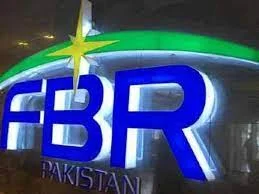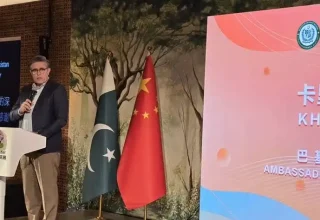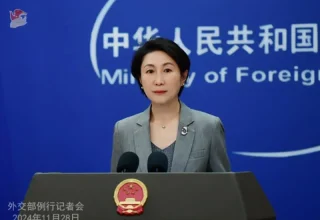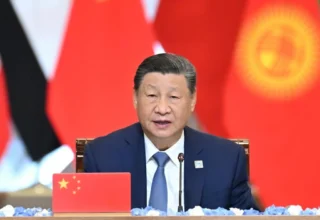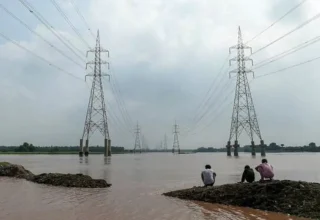
The Power Division has released a detailed report on electricity restoration in flood-affected regions, showing significant progress across multiple power distribution companies.
According to the report issued on Thursday, 51 grid stations and 588 feeders were affected nationwide. Out of these, 382 feeders have been fully restored and 203 partially restored, while complete restoration is expected once floodwaters recede in certain areas.
In Faisalabad Electric Supply Company (FESCO) areas, including Faisalabad, Chiniot and Mianwali, 28 grids and 81 feeders were affected. Of these, 68 feeders have been fully restored and 13 partially, with power supply to nearly 2,165 consumers expected to be fully restored between September 27 and 28.
In Lahore Electric Supply Company (LESCO) regions — Lahore, Nankana, Sheikhupura and Okara — 67 feeders were affected. The Power Division confirmed 66 feeders fully restored and one partially restored, with supply to 441 consumers likely to be completed by September 26.
In Multan Electric Power Company (MEPCO) areas, 181 feeders were damaged. So far, 37 have been fully restored and 141 partially restored. Officials noted that full restoration will begin immediately after floodwaters recede.
Gujranwala Electric Power Company (GEPCO) reported 11 grids and 103 feeders hit by floods. Power has been restored to 102 feeders completely and one partially, while supply to 22 remaining consumers will be restored once water levels fall.
In Peshawar Electric Supply Company (PESCO) areas including Swat, Swabi and D.I. Khan 88 feeders were fully restored and three partially, with the Power Division confirming restoration work complete.
Tribal Areas Electric Supply Company (TESCO) successfully restored 18 feeders in North Waziristan and Khyber districts.
In Hazara Electric Supply Company (HESCO), three feeders in Mansehra have been fully restored, while Sukkur Electric Power Company (SEPCO) temporarily restored 44 feeders.
The Power Division emphasized that electricity restoration in fully submerged areas is contingent on water recession, but overall, the majority of affected regions have seen substantial progress.













